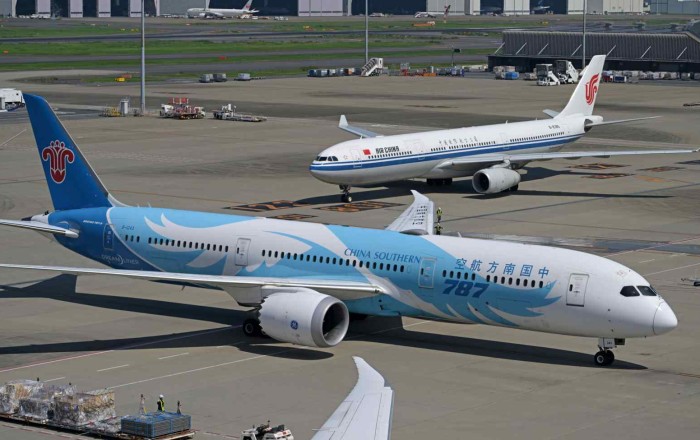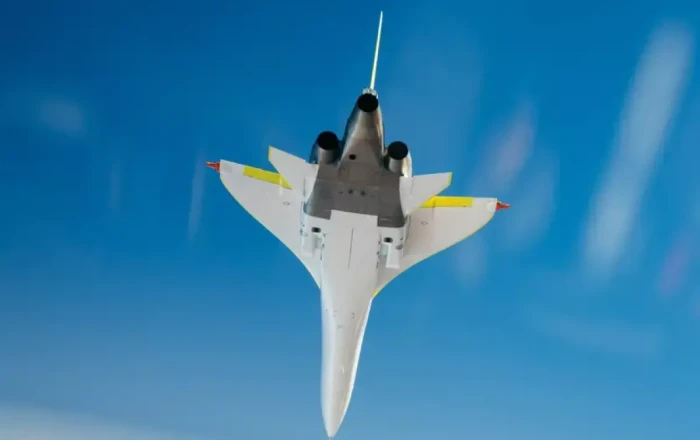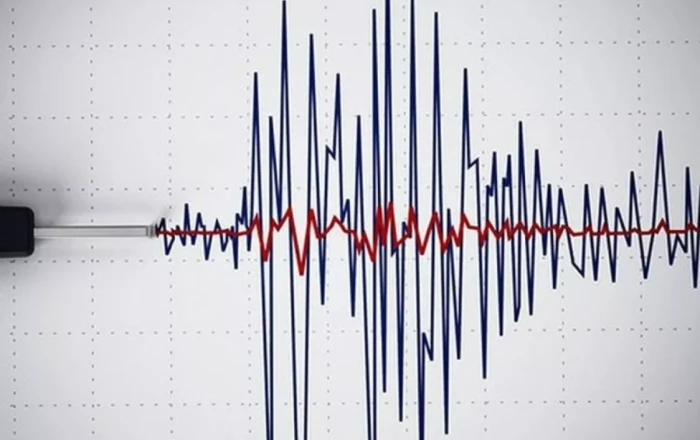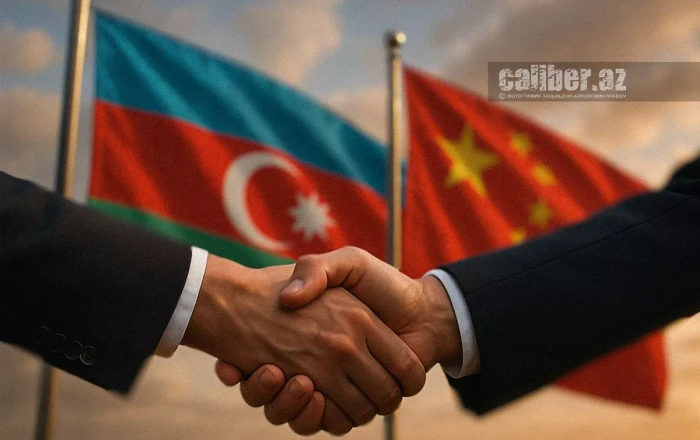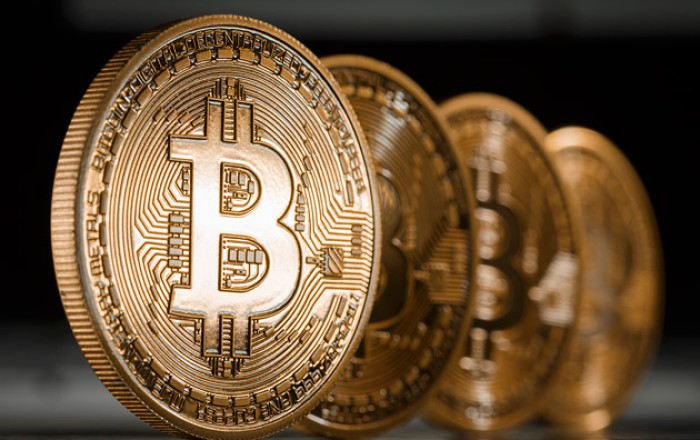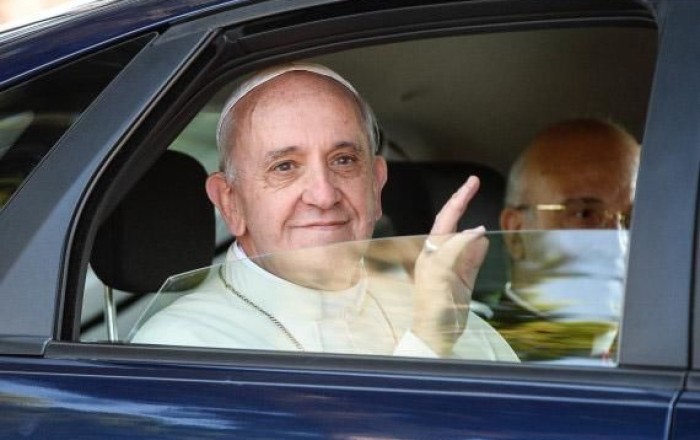In a thought-provoking piece by The Economist, the complex relationship between Christianity and politics in South Korea is explored, shedding light on the fault lines that have emerged within the country’s Christian community, particularly in the wake of the impeachment of former president Yoon Suk Yeol. The article delves into the intersection of religion, politics, and social issues, showing how Christian groups in South Korea have become deeply divided over key issues of democracy, governance, and morality.
Christianity has long held a powerful presence in South Korean society, with nearly 30% of the population identifying as Christian. However, as the article highlights, the country's Christian community is far from monolithic. Evangelical Protestants have emerged as some of the most vocal supporters of Yoon, particularly following his failed attempt to impose martial law. Far-right pastor Jeon Kwang-hoon organised rallies under the banner of "Save Korea" in defence of the president, positioning Christianity as a key ally of his administration. In contrast, more moderate Christian groups, such as the National Council of Churches in Korea, celebrated the constitutional court's ruling, which restored democracy after the impeachment, showcasing the divided nature of the Christian response to political events.
This division reflects the broader history of Christianity in South Korea, which has often aligned itself with varying political movements. In the post-war era, Protestant groups were closely tied to South Korea's authoritarian regimes, while Roman Catholics played a central role in the country's democratisation in the 1980s. Today, the Christian community’s alignment is less predictable, with some congregations championing progressive causes like labour rights, while others take a more conservative stance on social issues such as LGBT rights.
The article also underscores the growing significance of Christianity in Asia, particularly in countries like South Korea, which has become a key player in the global Christian movement. South Korean missionaries are among the most active worldwide, and the article points to the increasing leadership of Asians within Christian organisations, such as the Lausanne Movement and the World Evangelical Alliance. Additionally, figures like Cardinal Lazarus You Heung-Sik, a potential future pope, demonstrate the rising influence of Asian Christian leaders on the global stage.
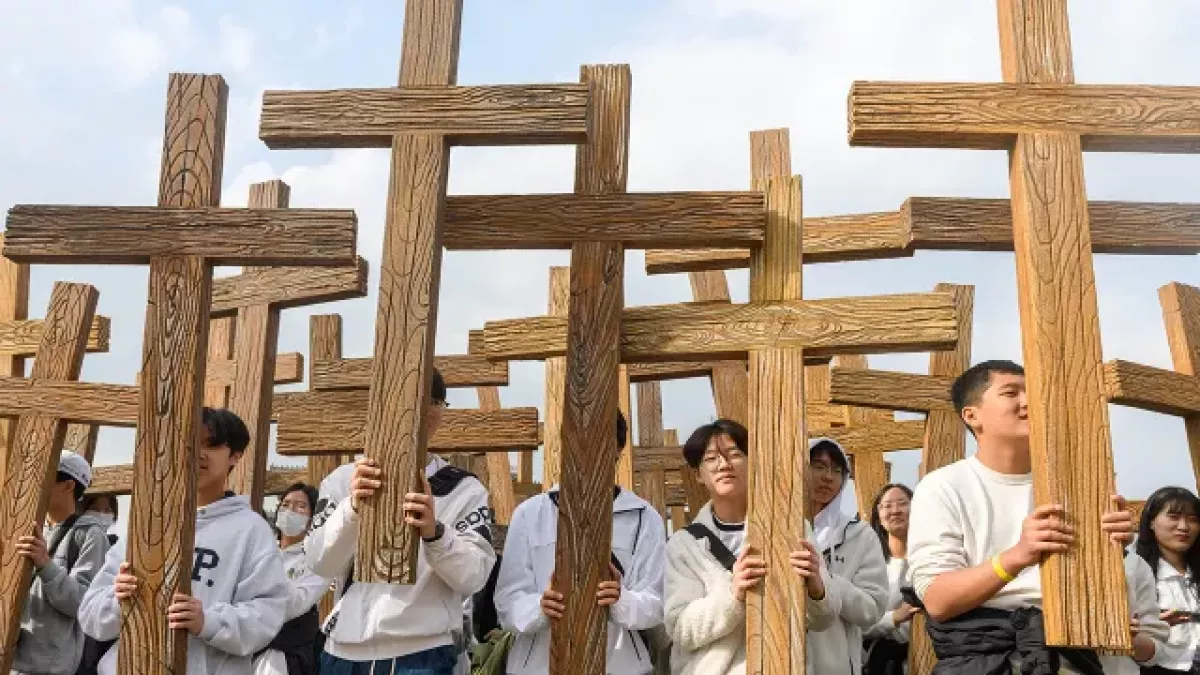
Despite its minority status in the broader Asian context, Christianity in South Korea wields considerable influence, particularly in education and the elite sectors. The article notes that a significant percentage of post-war South Korean presidents have been Christian, and about one-third of the country’s universities are affiliated with Christian organisations. This influence extends beyond South Korea’s borders, as Christian education continues to play a key role in shaping political leaders and elites throughout Asia, including Japan, where a notable proportion of the country's post-war prime ministers were Christians.
The article also highlights the growing polarisation within South Korea’s Christian community, particularly on social issues. While evangelical churches have led resistance to LGBT rights, there is a small but emerging progressive movement within South Korea’s Christian circles. Some progressive priests have even supported LGBT pride parades, marking a shift in the country’s religious landscape. This internal division, particularly around the issue of LGBT rights, underscores the broader ideological tensions that are shaping South Korea's future, both politically and socially.
In conclusion, the article offers a compelling look at the deep divisions within South Korea’s Christian community, illustrating how religion continues to play a pivotal role in shaping the country’s political and social fabric. With Christianity exerting significant influence over political discourse and policy, its internal contradictions and alignments will undoubtedly continue to shape the trajectory of South Korea’s future.
By Vugar Khalilov
Source: caliber.az



